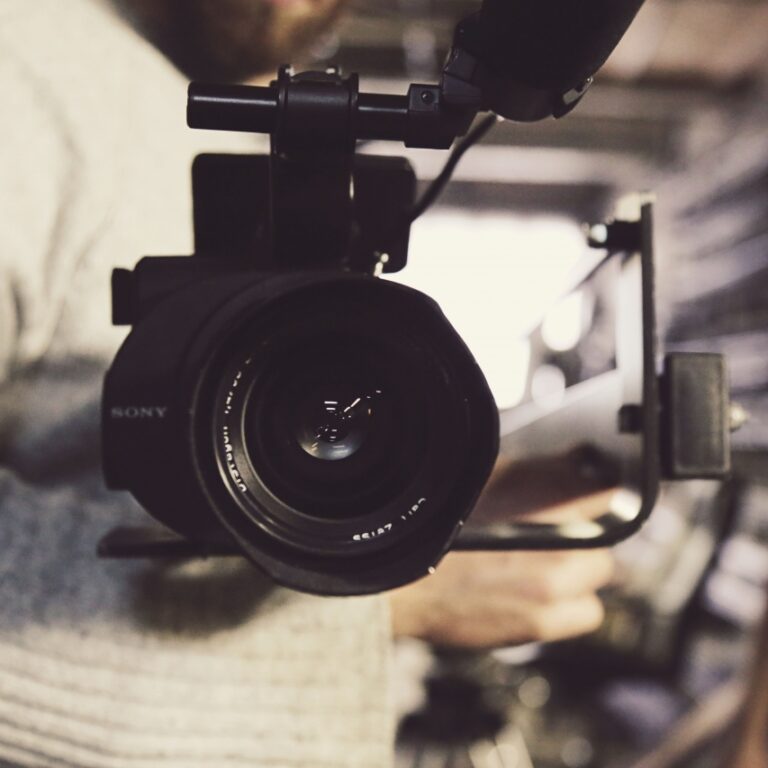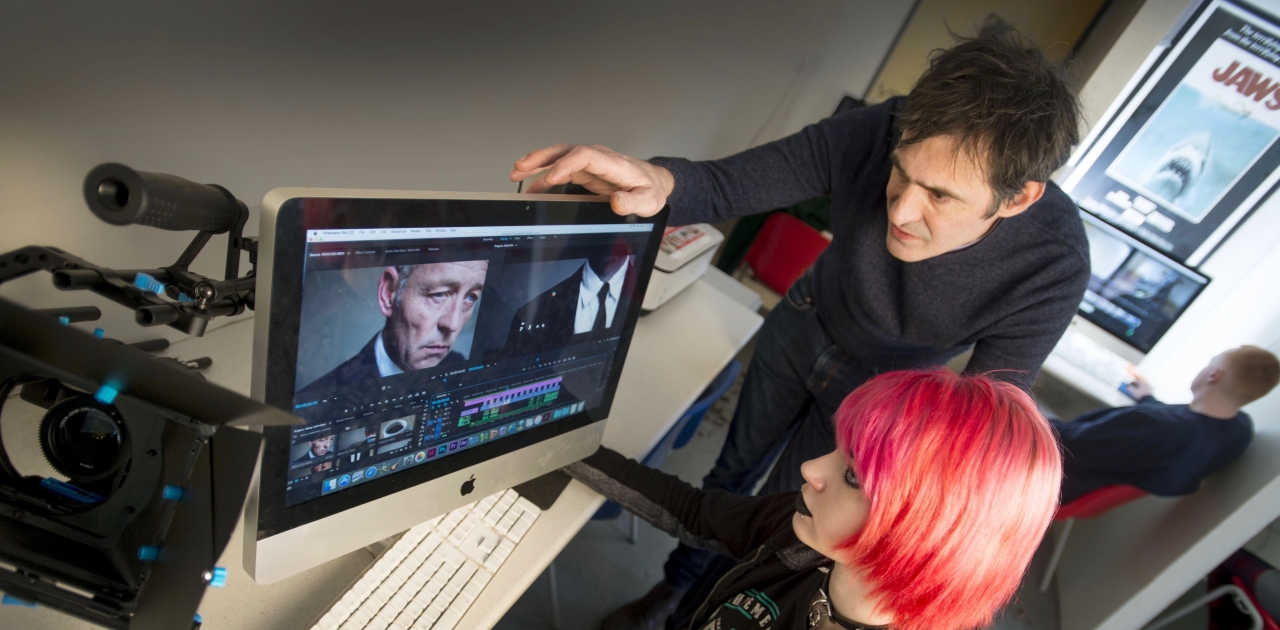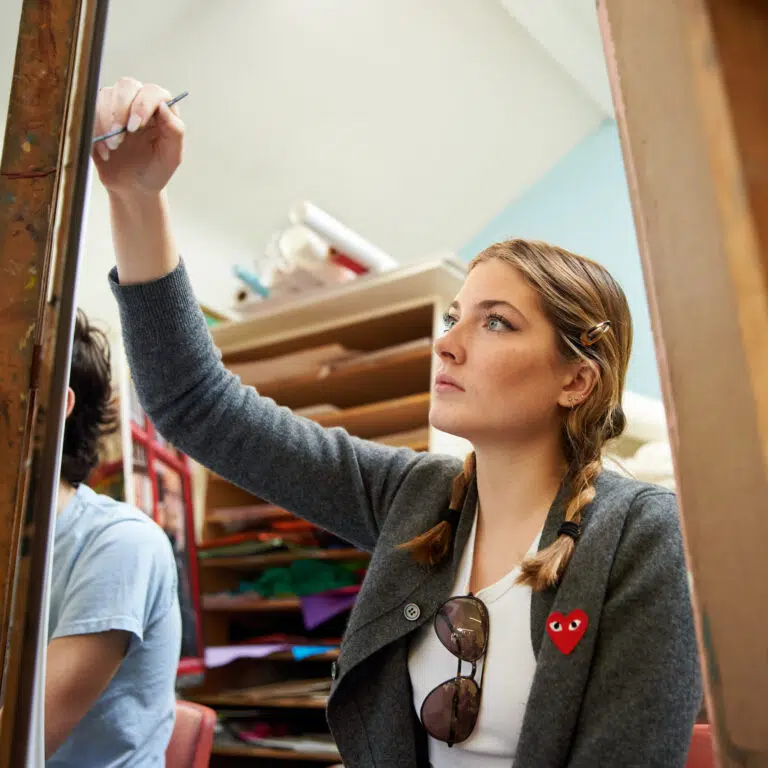The media landscape is in a constant state of change and development. Convergence between media is opening up a proliferation of opportunities both for the mass media as well as the individual. The digital revolution requires literacy and an understanding of so many forms of communication in order to take full advantage of it. An A level in Media Studies offers that opportunity.
Our Media Studies course is a highly creative one that encourages students to develop their ability to communicate fluently through all forms of media, and to understand the media and its influential role in today’s society (through topics such as hyper publicity/privacy, democracy) as well as placing it in an historical context. The course will also explore new media, the Internet, and social media. This is a lively and challenging subject where students gain an understanding of the key media concepts as well as producing highly effective media texts. Students are afforded a great deal of freedom to choose exactly which means of communication they wish to explore and develop, and can work on anything from producing a short comedy film, to the opening credits, to a full feature horror movie, to designing the cover for a lifestyle magazine.
Media Studies is a great springboard for a career in the media as well as giving students the tools to be independent producers, distributors, and exhibitors of media artefacts. Media Studies also supplements the study of a number of other courses provided at Fine Arts College, such as Graphic Design, Photography, and Film Studies. Some previous students have gone on to follow degree courses such as Communications, Journalism, Film & Television, and Media Practice & Theory at universities including Sussex University, Leeds University, Middlesex University, and Birmingham City University.
What will I learn?
The A level has a strong emphasis on film production with students’ films being screened at the Belsize Park Everyman Cinema in the summer. This offers a real-world application of their learning and is a highlight of the College year.
The Media course content is divided into six teaching modules:
Lower sixth
- Module 1 – Textual Analysis 50%
- Module 2 – Institutions and Audiences 50%
- Module 3 – Foundation Portfolio
Upper sixth
- Module 4 – Critical perspectives- applying key concepts 50%
- Module 5 – Critical Study- We Media 50%
- Module 6 – Advanced Portfolio
Assessment
Component 1: Foundation Portfolio
50 Marks
Candidates produce a media product that includes digital evidence of the process of their work and a creative critical reflection. Candidates work either individually or as part of a group to complete this coursework.
Internally assessed and externally moderated.
50% of the AS Level
25% of the A Level
Component 2: Media Texts & Contexts [2 hours]
50 Marks
Section A: Media texts (25 marks)
Candidates answer one question based on an unseen moving image extract.
Section B: Media contexts (25 marks)
Candidates answer one question from a choice of two questions.
Externally assessed.
50% of the AS Level
Component 3: Advanced Portfolio
50 Marks
Candidates produce a campaign of media products, digital evidence of the process of their work and reflect upon their finished products, in the form of an evaluative essay of around 1000 words. Candidates work either individually or as a part of a group to complete this coursework.
Internally assessed and externally moderated
25% of the A Level
Component 4: Critical Perspectives [2 hours]
60 Marks
Section A: Media debates (30 marks)
Candidates answer two from a choice of three questions.
Section B: Media ecology (30 marks)
Candidates answer one question.
Externally assessed.
25% of the A Level
Examination board: CIE




